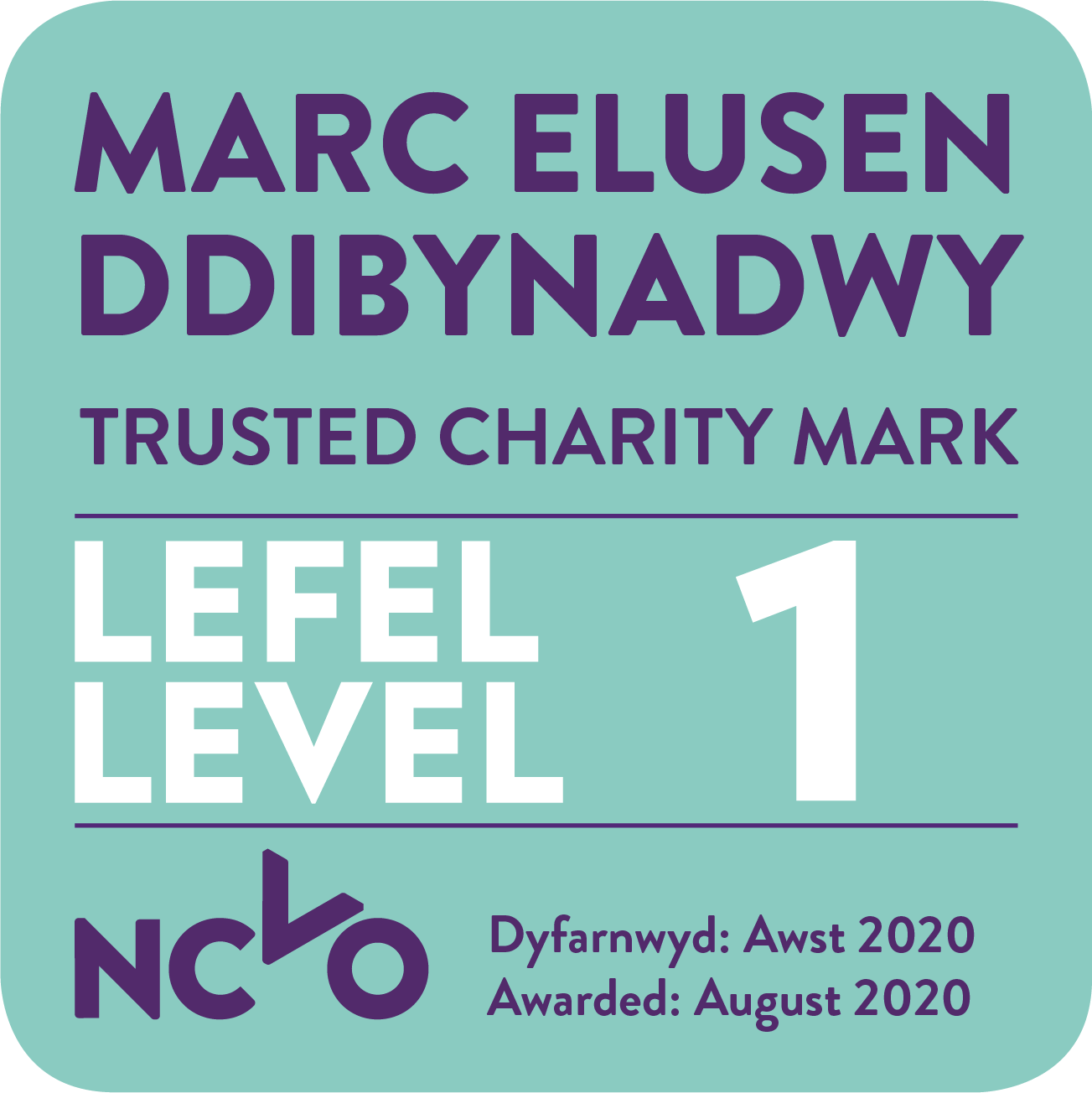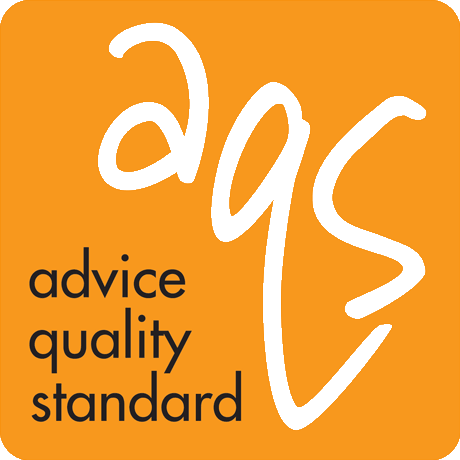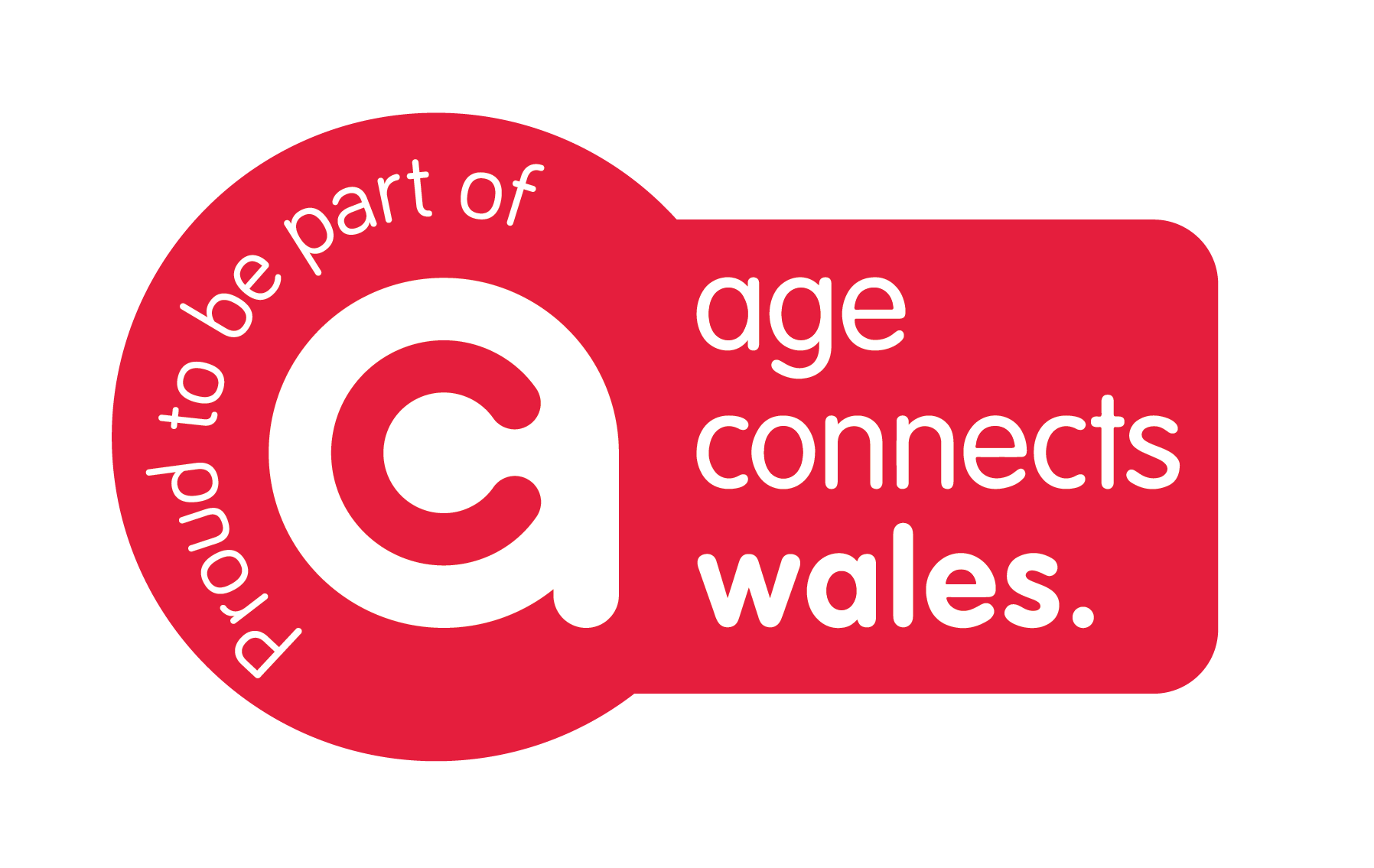6 Useful Tips to Manage Your Medicine
Age Connects Morgannwg
November 27, 2019
6 Useful Tips to Manage Your Medicine
by the The Independent Pharmacy
Old age is often difficult, and entering your later years has inevitably required you to adapt your lifestyle to some extent. You’re probably a little more careful about the risks you take and the way you approach your health — eating better, sleeping better, and getting regular check-ups.
But no matter how gracefully you’re aging, or how sensibly you’re taking care of yourself, you most likely have some kind of medication to take on a regular basis. You might be trying to get rid of a condition, keep an ongoing issue at bay, or simply lessen the risk of experiencing a medical emergency. Whatever the reason, medicine is just part of life for older people.
Because of this, medicine management is an invaluable skill to develop and maintain. You need to be able to keep track of what you need and look after yourself on a daily basis.
To help you out, we’re going to look at 6 essential medicine management tips. Let’s begin:
1. Ask relevant questions
When you’re in and out of conversations with doctors, nurses, pharmacists, and other medical professionals, it’s easy to start feeling as though you need to stay quiet and avoid taking up unnecessary time. This isn’t right, though — whenever you’re unsure about something (why you need a particular medicine, or what you can expect from taking it), you should ask
about it.
Don’t worry about being perceived as awkward. Provided you’re polite, it’s likely that the medical professionals won’t mind at all, but you should ask questions regardless. It’s your health — your life — that’s at stake. The more you know about your healthcare, the better: the NHS has a solid list of questions to keep in mind, but add to them at your leisure.
2. Learn the side effects
Every type of medicine has a variety of side effects, ranging from common to rare and mild to serious. Most of them aren’t worth worrying about most of the time, but there are major exceptions — and the more health problems you have, the more you need to worry about regular side effects, because they can cause much broader issues in certain circumstances.
Whenever you’re prescribed a new medicine, read the patient information leaflet included in the packaging (you can also find it online). It will detail all the side effects commonly associated with it. You might also want to do some research online to see if there are other side events worth considering, though be careful with this: online information isn’t always accurate.
3. Only use your medicine
When you have elderly friends being treated for similar conditions (or even the exact same conditions), you might find yourself in a position to take someone else’s pills. Perhaps you forgot your pills, and you’re confident that the medication is the same. Even so, you shouldn’t do it. Not only can you not be 100% sure that everything’s the same, but it can also cause other issues.
For instance, if you get into the habit of doing this, you can end up with too much of your own medication left. What happens if it slips your mind that you supplemented your supply? You might continue taking your prescribed medication past the point at which you’re supposed to discontinue treatment. It’s just not worth the risk. Stick to your own prescribed medicines.
4. Look out for alternatives
Almost every condition has more than one viable treatment method. For example, let’s think about rosacea, a skin condition that’s considerably more common in the elderly. If you suffered from it (perhaps you do), then you might be prescribed oral medication, but it might not work well for you. Everyone reacts differently to distinct types of treatment, so it’s possible that you’d benefit from making a change.
This is why you should always keep an eye out for alternatives: read up on creams, assemble a shortlist to consider, check out relevant customer reviews (like these Finacea reviews at The Independent Pharmacy which are a good example), and ultimately go to your doctor for more guidance. If you just assumed that you had the best treatment for your rosacea from the outset, then you’d assume you were getting the best results — but it often takes time to find the best option for you.
5. Get some pill organisers
Pill organisers are convenient containers (usually made of robust plastic) that allow you to set out all your prescribed pills ahead of time and easily track the progress of your treatment. The average organiser will last for a week, with each day having separate compartments to mark the suggested treatment time (morning, midday, evening. etc.).
If you use pill organisers, then you don’t have nearly as much to remember, so you can still make good progress even if you’re forgetful. You can also take your pills with you much more easily (no more taking large pill bottles on trips away). Thankfully, these organisers are being provided much more frequently as time goes by.
6. Carry details with you
Imagine that you have a condition that can require emergency medication, and you take the required medication with you wherever you go. Now imagine that something happens to prevent you from taking your meds on schedule: perhaps you’re involved in a road accident and you’re left in a state of shock for an extended time, requiring a hospital visit.
What happens if you’re unable to communicate your needs to the people helping you and they don’t have your medical history? This scenario can be disastrous, so you should make a habit of carrying medical details with you. You can wear some kind of medical alert bracelet like those from MedicAlert, or even just keep a note of your medication schedule with your pill organiser.
Managing your medicine is a core part of maintaining your health in your later years, so it isn’t something to take lightly. These 6 tips should help you look after yourself more carefully and spend less time worrying.
If you would like to speak to a member of staff at Age Connects Morgannwg about the products and services available to people over the age of 50, get in touch today on 01443 490650
or email information@acmorgannwg.org.uk









